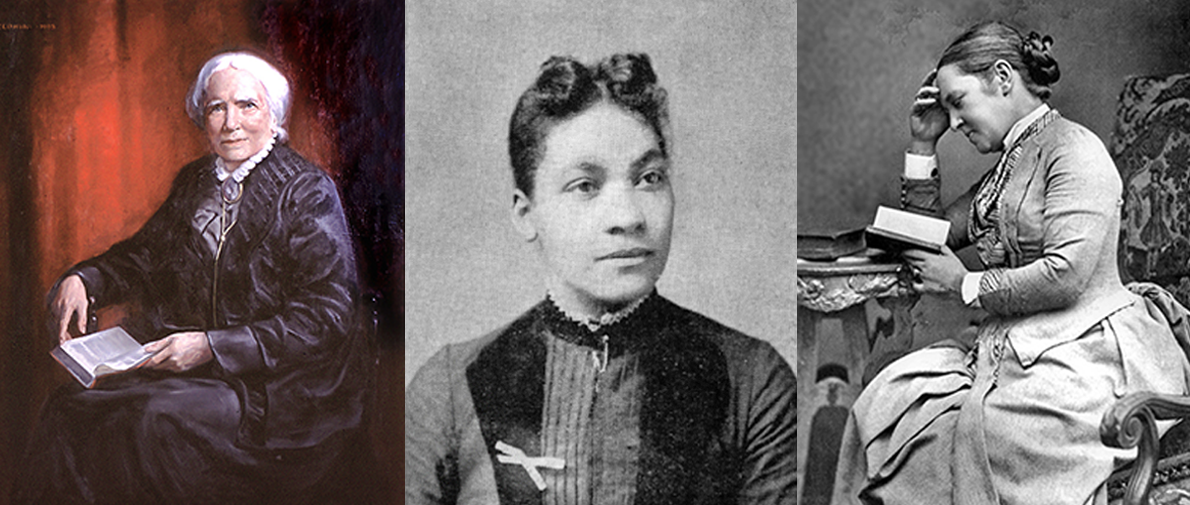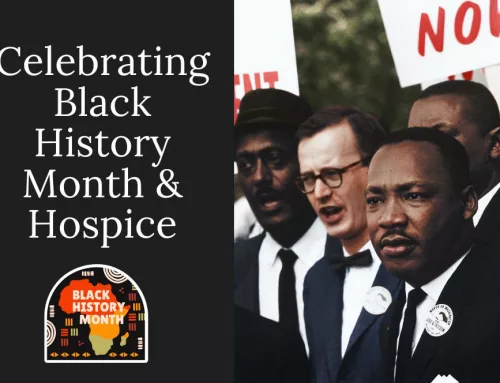Elizabeth Blackwell photo courtesy of The Archives and Special Collections of the Health Sciences Library, SUNY Upstate Medical University.
National Women Physicians Day celebrates the accomplishments of women in the medical field. This day recognizes female physicians and the numerous contributions they have made throughout history. It was established to honor Dr. Elizabeth Blackwell, the first female in America who acquired her medical degree on February 3, 1849. Her success opened new doors for women and many medical institutions started accepting females into their programs after she graduated.
Blackwell started a movement that would outlive her and inspire other female doctors. Her courage and determination is something we recognize on this special day as we remember the many successes of women in medicine. Blackwell’s achievement serves as an enabler for women who helped women to acquire entry as well as equality in their pursuit for medical certification and related courses. It was Elizabeth’s belief that the decision of a society not to allow the development of women demanded a complete remodeling of that society.
Today we celebrate the many accomplishments of women physicians and encourage future generations to continue achieving excellence in their medical careers.
Remembering Three Pioneering Women Physicians
Dr. Elizabeth Blackwell (1821-1910): America’s First Female Doctor
Dr. Elizabeth Blackwell was a trailblazer in medicine. She became the first female in America to receive a medical degree, and then actively fought for women’s involvement in medicine. Her dedication was so immense that she eventually opened her own private medical college specifically tailored to meet the needs of female students.
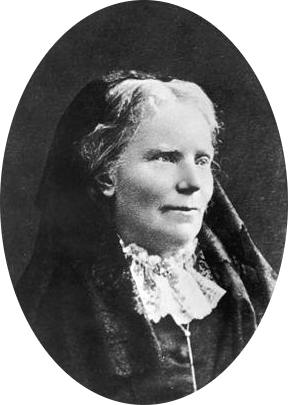
On February 3, 1821, Dr. Elizabeth Blackwell—a pioneering figure in modern medicine and an outspoken advocate for Anglo-American rights—was born to the anti-slavery activists Hannah Lane and Samuel Blackwell of Counterslip, Bristol. The family immigrated to the United States and settled in New York when Blackwell was 11-years-old. They eventually moved from Jersey City to Cincinnati Ohio with both locations profoundly contributing to her success as a physician later on.
Blackwell’s father was a firm believer in providing his daughters with a quality education, so it was no surprise when Blackwell decided to pursue a career in medicine. After facing several rejections, she was admitted to Geneva Medical College in Geneva, New York in 1847 and became the first woman to receive a medical degree in the United States in 1849.
Following her graduation, Blackwell went to Paris, France to study at La Maternité. She furthered her career in London, England at St. Bartholomew’s Hospital. In 1853, Dr. Elizabeth Blackwell pioneered the establishment of a small dispensary in one of New York’s most impoverished regions. With the aid of her sister, Emily and Marie E. Zakrzewska, this dispensary developed into a respected New York Infirmary for Women and Children by 1857.
In 1861, she took the initiative to create the Women’s Central Association of Relief and U.S. Sanitary Commission in order to select and educate nurses for military service. In 1868 she established the Woman’s Medical College in New York City. Seven years later, she was appointed professor of gynecology at London School of Medicine for Women. She additionally assisted with founding The National Health Society while writing several books throughout her life including Pioneer Work Opening Medical Profession to Women published in 1895 which was an autobiography.
To commemorate her remarkable accomplishments, Elizabeth Blackwell is celebrated through the annual presentation of the Elizabeth Blackwell Medal to a female physician who has made an impressive contribution in advancing opportunities for women in medicine.
Dr. Rebecca Lee Crumpler (1831-1865): The First African American Female Doctor
An exceptional pioneer, Rebecca Lee Crumpler was the first Black woman in America to obtain a medical degree and the only one to attend New England Female Medical College. She was accepted into the college, located in Boston, after working for eight years as a nurse in Charlestown, MA and obtaining several commendation letters from doctors. She made history in 1864 as the only African American graduate of the college and the country’s first African-American woman to become a formally-trained physician.
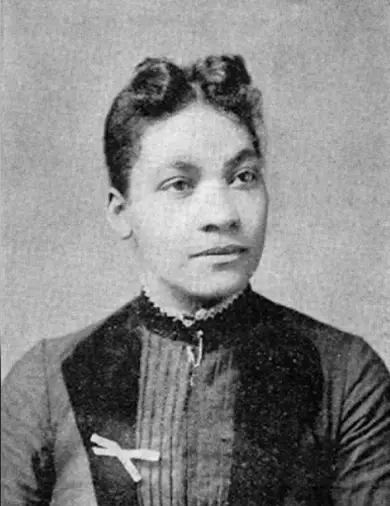
Rebecca, the daughter of Matilda Webber and Absolum Davis, was born in Delaware but grew up in Pennsylvania. She spent her childhood caring for those around her as medical care for impoverished Black individuals during antebellum times was nearly nonexistent. In 1852, she relocated to Charlestown, Massachusetts where she worked as a nurse until 1860 when she was accepted into the New England Female Medical College– making history as one of America’s first African American female doctors.
After the Civil War, Crumpler moved to Richmond, Virginia and endured blatant racism and sexism while caring for previously enslaved people. Despite this hardship, she learned many lessons which enabled her to provide medical care when she returned home to Boston.
Shortly after gaining certification, she married Arthur Crumpler – a former slave who had come to Boston in 1863. She practiced medicine in Richmond Virginia; but eventually returned to her hometown of Boston along with her husband and settled down in Hyde Park, Massachusetts. Unfortunately there wasn’t much call for medical services from within the community which caused her to retire from practice by 1883. During this time she was able to write a book on medical discourses utilizing all of the notes that she kept during her career as a doctor – dedicating it both nurses and mothers alike. Crumpler passed away on March 9, 1895 in Fairview, Massachusetts.
Crumpler was moved by her aunt’s commitment to helping neighbors in need. As she wrote in A Book of Medical Discourses: In Two Parts (1883), “I early conceived a liking for, and sought every opportunity to relieve the suffering of others.” Such inspiring work did not go unrecognized as the Rebecca Lee Society, one of the first medical societies for African-American women, was named in her honor.
Dr. Elizabeth Garrett Anderson (1836-1917): Britain’s First Female Doctor
Elizabeth Garrett Anderson (1836 – 1917) made history by becoming the first Englishwoman to qualify as a physician, despite intense opposition. She broke barriers for women in medicine and was also the very first female mayor, school board member, and magistrate in Britain. Her unparalleled accomplishments helped pave the way for more opportunities for future generations of women around the world.
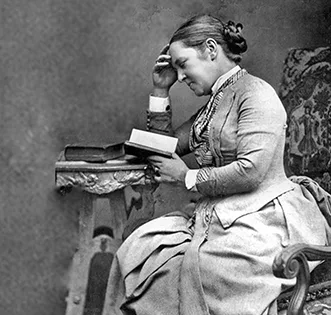
Anderson was renowned in her day for being a woman of tremendous strength and wit, who had no patience for nonsense. Her father, an affluent businessman from Aldeburgh in Suffolk, thought that girls should receive the same level of education as boys. As such, she received schooling at home then spent some time attending a boarding school meant exclusively for females.
When Elizabeth announced her dream to become a doctor, her father was proud but her mother couldn’t contain her shock. The medical world refused to accept female doctors or surgeons and all of Elizabeth’s applications were denied by teaching hospitals and universities alike. Yet despite this adversity, she knew that with sheer determination she could fulfill the calling within herself.
In an effort to practice medicine, Mary tried infiltrating the Middlesex Hospital in London as a nurse – but it was unsuccessful. She then decided on becoming a licentiate of the Society of Apothecaries which granted her permission to be medically trained and practicing; although not as prestigious for women compared with MDs or Doctorates of Medicine. Her father’s threat to sue the Society spurred them into allowing her access, until she passed all exams in 1865. Unfortunately, they soon altered their regulations so that no other woman would ever again obtain this same opportunity.
In 1866, Elizabeth established the St Mary’s Dispensary for Women and Children in London’s Marylebone district – a hospital dedicated to women with female personnel that quickly filled up with impoverished patients. An impressive feat in itself, she later went on to become the first woman ever awarded a medical degree from the University of Paris in 1870. Her original dispensary then transformed into New Hospital for Women two years later in 1872.
In 1871, Elizabeth wed James George Skelton Anderson — the head of a large shipping business and an ardent advocate for married women’s independence. This event served as a catalyst for change. In 1874, Elizabeth Garrett Anderson was an influential part in setting up the London School of Medicine for Women and continued to teach there for many years. She also supported suffragettes during their fight for equal rights.
In 1902, she and her spouse retired to Aldeburgh. In 1908, Mrs. Elizabeth Garrett Anderson was elected mayor – becoming Britain’s first female mayor. After her passing in 1917 at the age of 81, a hospital in London was renamed in her honor to recognize her achievements.
National Women Physicians Day
As we celebrate National Women Physician Day, let us take a moment to honor the many achievements of female physicians throughout history. From Dr. Elizabeth Blackwell, to Dr. Elizabeth Anderson, to Dr. Rebecca Crumpler, these pioneering women have made invaluable contributions to the medical profession and helped pave the way for future generations of female physicians. This day honors the hard work, courage, and dedication women have contributed to the medical field.
We can continue to celebrate and recognize the achievements of women in medicine by supporting organizations dedicated to empowering female physicians, such as the American Medical Women’s Association. Show your support and help promote gender equality in the medical profession today.
What Percentage of Doctors are Female?
As per Statista’s June report, an estimated 37% of US physicians are women and Washington D.C has the highest proportion.

